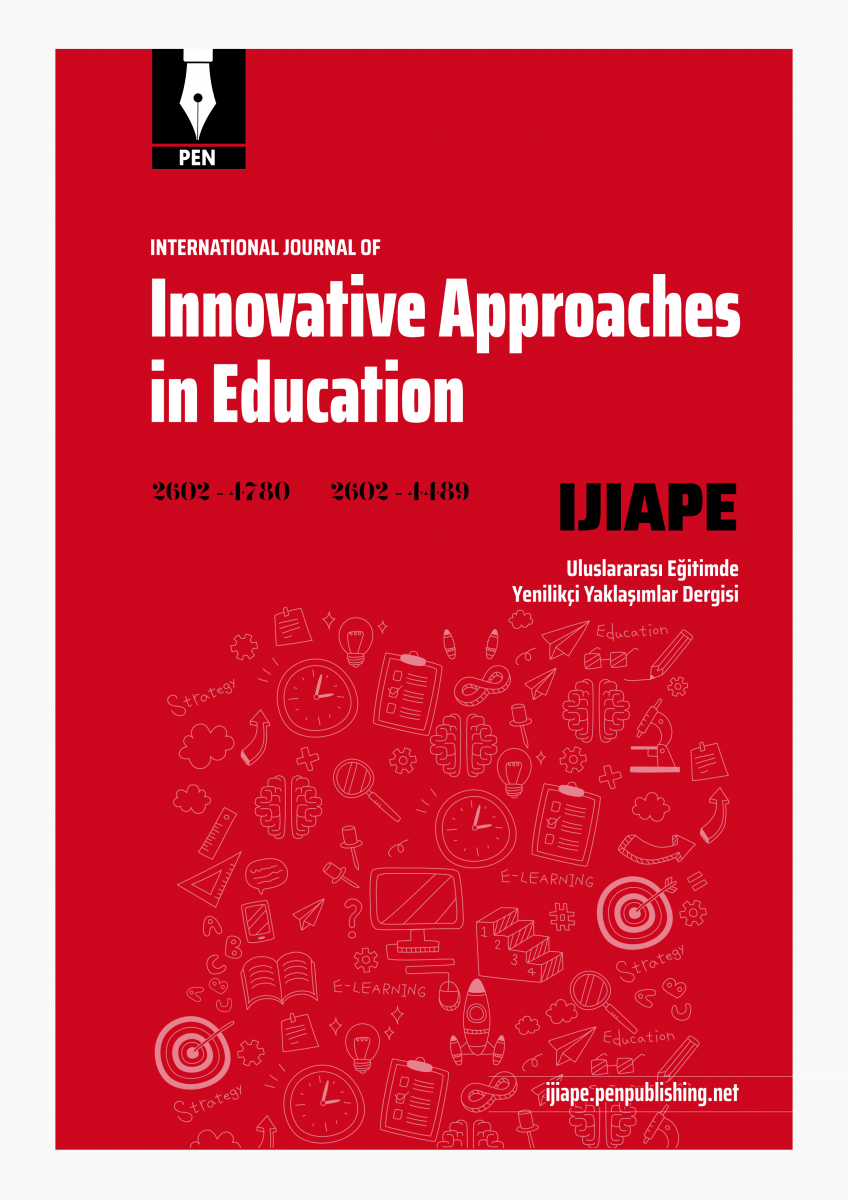- Anthony, E. J. & Bene, E. (1957). A technique for the objective assessment of the child’s family relations. Journal of Mental Science, 103, 541–555. [Google Scholar]
- Aydos, S. ve Köksal Akyol, A. (2020). The Process About the Custody Decisions: What Are Experts Thinking? What Are Experts Doing?. Journal of Society & Social Work, 31(3), 904-930. [Google Scholar]
- Bilici, A. B. (2014). The Psycho-social effects of a divorce process on children. Cumhuriyet Theology Journal, 18(2), 79-11. [Google Scholar]
- Butler, I., Scanlan, L., Robinson, M., Douglas, G. & Murch, M. (2002). Children's involvement in their parents' divorce: Implications for practice. Children & Society, 16(2), 89-102. [Google Scholar]
- Büyüköztürk, Ş. (2016). Data analysis handbook for social sciences statistics, research design spss applications and interpretation. Ankara: Pegem Akademi Publishing. [Google Scholar]
- Can, Y. & Aksu, N. B. (2016). Women during and after the divorce process. Electronic Journal of Social Sciences, 15(58). [Google Scholar]
- Çınar E. H, (2015). Determination of the relationship between parents' perception of marital conflicts and anxiety levels of 9-12 year old children whose parents are in the process of divorce, İzmir province case, Unpublished Master's Thesis. Dokuz Eylül University Institute of Educational Sciences, Department of Family Education and Counseling, İzmir. [Google Scholar]
- Hovens, J. G., Wiersma, J. E., Giltay, E. J., Van Oppen, P., Spinhoven, P., Penninx, B. W. & Zitman, F. G. (2010). Childhood life events and childhood trauma in adult patients with depressive, anxiety and comorbid disorders vs. controls. Acta Psychiatrica Scandinavica, 122(1), 66-74. [Google Scholar]
- Jiménez-Etcheverría, P. & Palacios, J. (2020).Psychological adjustment,attachment difficulties, and perceptions of family relationships in adopted and institution-reared children: The case of Chile. Children and Youth Services Review, 116, 105102. [Google Scholar]
- Jones, C.M. (2019). Stay-at-home Father Families: Family Functioning and Experiences of Non-traditional Gender Roles (Doctoral thesis), Centre for Family Research, University of Cambridge. [Google Scholar]
- Kalaycı, Ş. (2006). Multivariate statistical techniques with SPSS. Asil Publishing Distribution, Ankara. [Google Scholar]
- Karadağ, F. & Özdemir, D. F. (2021). Evaluation of cases sent from family courts to university hospital during contentious divorce/custody process. Turkish Journal of Clinical Psychiatry, 24(1), 99-108. [Google Scholar]
- Karaman, M. (2018). Factors affecting the custody opinion of experts working in family courts. Unpublished Master's Thesis. Istanbul University Institute of Health Sciences, Department of Social Work, Istanbul. [Google Scholar]
- Kayma, D. (2023). Custody Evaluation. Süleyman Demirel University Visionary Journal, 14(38), 474-495. [Google Scholar]
- Kesen, N. F., & Bilgin, Ö. (2023). Expertise practices of social workers in the judicial system. Turkish journal of Forensic Medicine, 37(2), 39-55. [Google Scholar]
- Kılıç, Ç. (2013). In Service Education Needs of Family Court Social Workers. Journal of Kirsehir Education Faculty, 14(2), 273-290. [Google Scholar]
- Otto, R. K., Edens, J. F. & Barcus, E. H. (2000). The use of psychological testing in child custody evaluations. Family Court Review, 38(3), 312-340. [Google Scholar]
- Özdamar, K. (2015). Statistical data analysis with package programs (Volume 1). Nisan Bookstore, Ankara. [Google Scholar]
- Parkin, A. (2001). The Bene‐Anthony Family Relations Test revisited: Directions in the assessment of children's perceptions of family relations. British Journal of Medical Psychology, 74(3), 323-349. [Google Scholar]
- Quinnell, F. A. and Bow, J. N. (2001). Psychological tests used in child custody evaluations. Behavioral Sciences & the Law, 19(4), 491-501. [Google Scholar]
- Skoczeń, I., Cieciuch, J., Oud, J. H. & Welzen, K. (2015). Development and validation of the computerized family relations test for children. Frontiers in psychology, 6, 1687. [Google Scholar]
- Spremo, M. (2020). Children and divorce. Psychiatria Danubina, 32(3), 353-359. [Google Scholar]
- Stahl, P. M. (2010). Conducting child custody evaluations: From basic to complex issues. Sage Publications. [Google Scholar]
- Strachan, A., Lund, M. E. & Garcia, J. A. (2010). Assessing Children's Perceptions of Family Relationships: An Interactive Instrument for Use in Custody Disputes. Journal of Child Custody, 7(3), 192-216. [Google Scholar]
- Tatlılıoğlu, K., & Demirel, N. (2016). Divorce Phenomenon As A Social Reality: A Social Psychological Evaluation. The Journal of Academic Social Science, 4(22), 59-73. [Google Scholar]
- Turkish Statistical Institute (2022). Marriage and divorce statistics. Access 05 September 2023, https://data.tuik.gov.tr/Bulten/Index?p=Evlenme-ve-Bosanma-Istatistikleri-2022-49437. [Google Scholar]
- Üner Altuntaş, G. E. (2010). Evaluation of the evaluator reports in the custody decisions given between 2005-2007 in Istanbul Fatih Courthouse 1st Family Court. Unpublished Master's Thesis. Istanbul University Institute of Forensic Medicine, Istanbul. [Google Scholar]
- Zorbaz, S. ve Korkut Owen, F. (2013). Developing Family Relationship Scale for Children. Turkish Psychological Counseling & Guidance Journal, 4(39). [Google Scholar]
|

